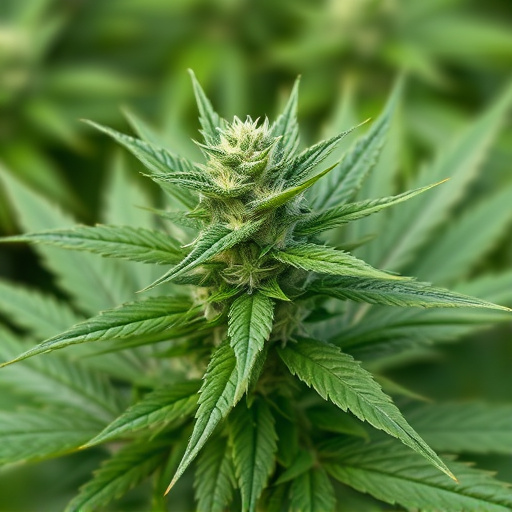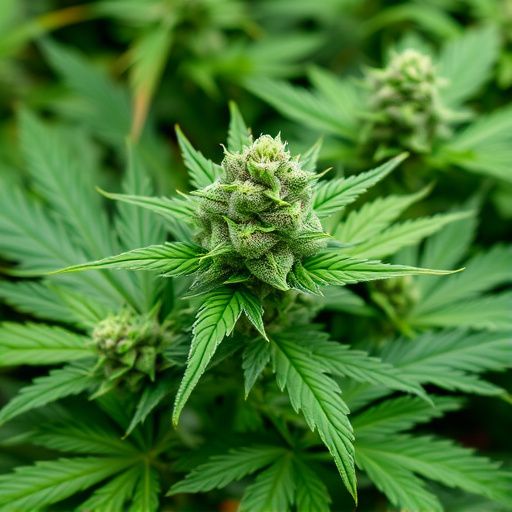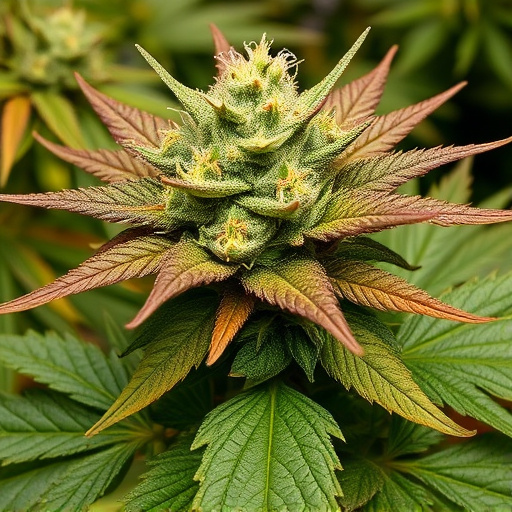Smoking or consuming cannabis, particularly potent sour cannabis strains, can cause immediate mental and physical effects such as heightened senses, increased heart rate, respiratory issues, anxiety, paranoia, dizziness, lightheadedness, and altered coordination. Regular use may lead to chronic bronchitis, asthma, cognitive impairment, and memory problems, especially in young adults with developing brains. Mindful consumption is crucial to avoid these adverse reactions.
“Smoking weed, while popular, isn’t without its side effects. This article delves into the complex world of marijuana’s impact on health, exploring both short-term and long-term risks. From respiratory issues and cognitive impairment to mental health disorders and cancer concerns, understanding these dangers is crucial.
Additionally, we navigate the unique challenges of ‘sour cannabis strains,’ focusing on their high THC content, terpene profiles, and personalized effects. Learn strategies to manage adverse reactions and make informed choices regarding strain selection and consumption methods.”
- Short-Term Side Effects of Smoking Weed
- – Respiratory issues
- – Cognitive impairment and memory problems
Short-Term Side Effects of Smoking Weed

Smoking weed, or consuming cannabis, can have immediate effects on both mental and physical health, especially in the short term. Users may experience what is commonly referred to as a “high,” characterized by heightened senses and altered perception. This sensation is often accompanied by increased heart rate, a phenomenon known as tachycardia, which can be concerning, particularly for individuals with pre-existing cardiac conditions. Short-term side effects can also include respiratory issues, as the act of smoking introduces irritants into the lungs, potentially leading to coughing and breathing difficulties, especially in those who are susceptible to asthma or other lung problems.
Additionally, consuming cannabis, especially sour cannabis strains, can induce anxiety and paranoia in some individuals. This effect is not uncommon and may be more pronounced in first-time users or those who consume higher concentrations of THC (tetrahydrocannabinol), the primary psychoactive compound in cannabis. Other immediate side effects may include dizziness, lightheadedness, and altered coordination, which can impact daily activities and decision-making abilities. These short-term experiences highlight the importance of being mindful of one’s consumption, especially when trying different strains, to avoid potential adverse reactions.
– Respiratory issues
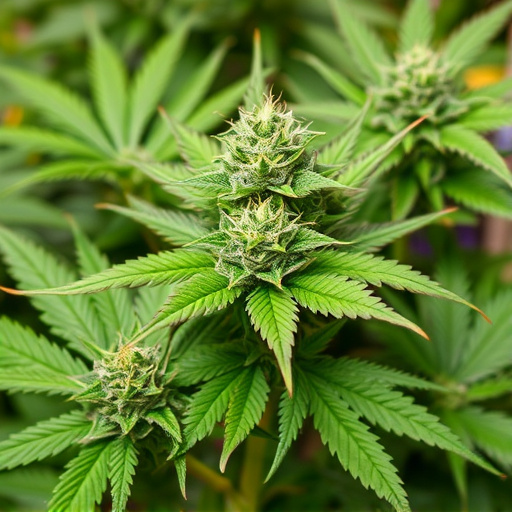
Smoking weed, or cannabis, can lead to various respiratory issues, especially if the strain is known for its potent and sour notes. These adverse effects are often linked to the act of inhaling smoke, which introduces irritants into the lungs. The respiratory system is particularly vulnerable as it works hard to filter and clean the inhaled air. Sour cannabis strains, with their high concentrations of certain cannabinoids, can exacerbate existing lung conditions or cause new problems.
One of the primary concerns is the potential for chronic bronchitis and asthma. The smoke from cannabis contains many of the same irritants found in tobacco smoke, including tar and various chemicals. Regular exposure to these substances can lead to inflammation and irritation of the airways, resulting in coughing, wheezing, and difficulty breathing. This is particularly relevant as some sour strains are favored for their intense flavors and aromas, luring users into inhaling deeper, which can intensify these respiratory issues.
– Cognitive impairment and memory problems
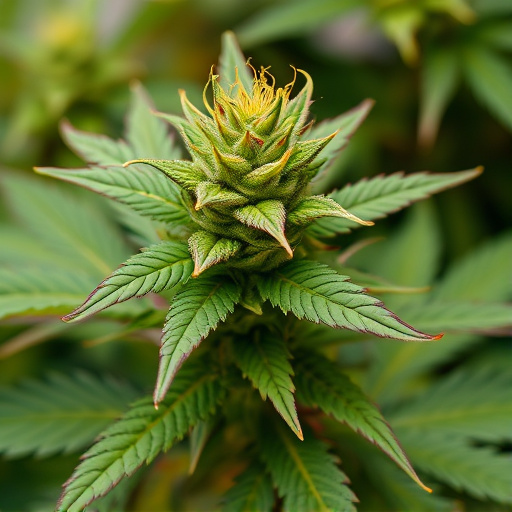
Smoking weed, or consuming cannabis, can have a significant impact on cognitive function and memory, especially with frequent and heavy use. Research suggests that regular marijuana users may experience impairments in several key areas. One of the most concerning effects is cognitive impairment, which can lead to difficulties in concentration, problem-solving, and decision-making abilities. This is particularly relevant when considering the popularity of stronger sour cannabis strains, which often contain higher concentrations of THC (tetrahydrocannabinol), the primary psychoactive compound responsible for these effects.
Over time, chronic marijuana use has been linked to long-term memory problems. Studies have shown that regular users might face challenges in both forming new memories and recalling past events. This can impact daily life, making it harder to learn new skills or retain information. The potential for cognitive impairment and memory issues is a significant concern, especially as the legalization of cannabis has led to increased access and use, including among younger individuals whose brains are still developing.
While smoking weed may offer temporary relaxation, it’s crucial to be aware of the potential side effects, especially with potent sour cannabis strains. In the short term, users may experience respiratory issues and cognitive impairment, impacting memory and decision-making abilities. Recognizing these effects is essential for responsible use, as they can affect daily functioning and overall well-being.










